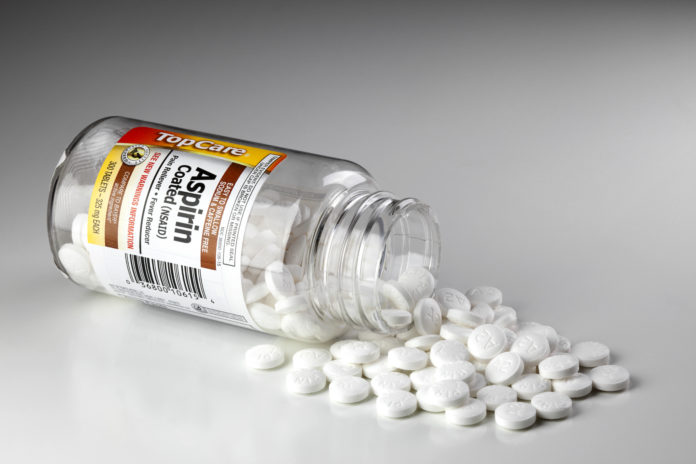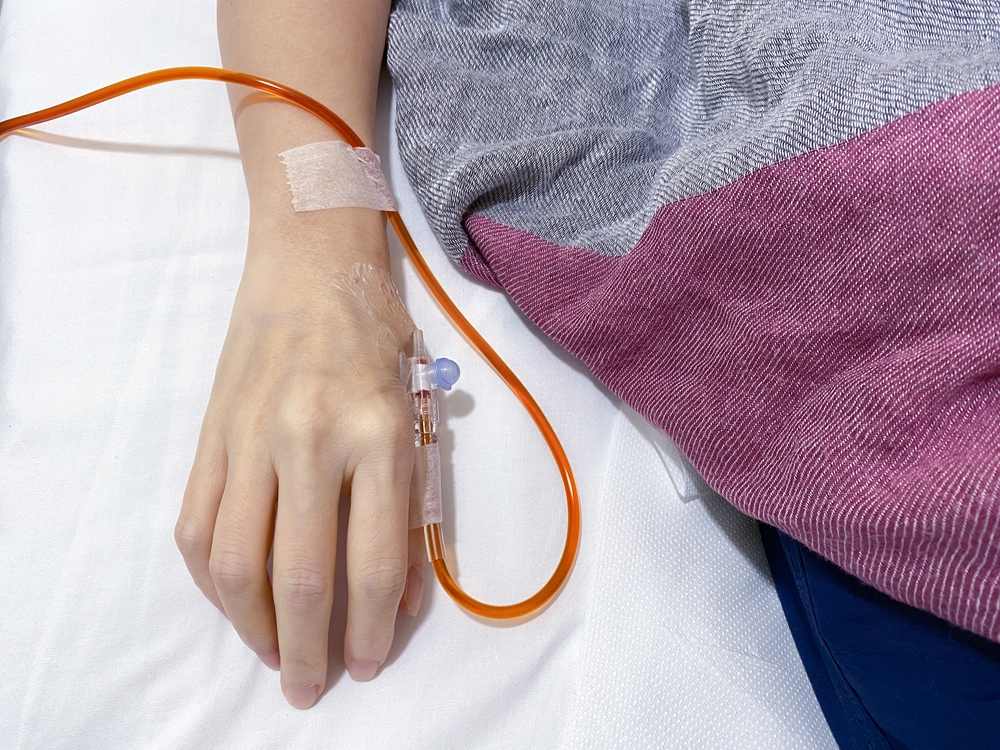The use of aspirin has an association with reduced in-hospital mortality, as well as lower risk for mechanical ventilation, in COVID-19 patients, a new analysis suggests.
“Coronavirus disease-2019 (COVID-19) is associated with hypercoagulability and increased thrombotic risk in critically ill patients,” the researchers wrote in their background. “To our knowledge, no studies have evaluated whether aspirin use is associated with reduced risk of mechanical ventilation, intensive care unit (ICU) admission, and in-hospital mortality.”
The retrospective observational cohort study included adult patients with COVID-19 admitted to U.S. hospitals between March and July 2020. The primary outcome of interest was the need for mechanical ventilation, with secondary outcomes of in-hospital mortality. The authors calculated adjusted hazard ratios with Cox proportional hazards models. The sample included 412 patients.
Of those 412 patients in the cohort, 314 (76.3%) received aspirin and 98 patients (23.7%) got aspirin within 24 hours of admission or within a week prior to admission. There was an association between aspirin (vs. non-aspirin) and less mechanical ventilation (35.7% vs. 48.4%, respectively; P=0.03), as well as ICU admission (38.8% vs. 51.0%, respectively; P=0.04). There was no crude association, however, with in-hospital mortality (P=0.51). After adjustment, aspirin use was associated independently with decreased risk for mechanical ventilation (adjusted HR=0.56; 95% CI 0.37 to 0.85; P=0.007), ICU admission (adjusted HR=0.57; 95% CI 0.38 to 0.85; P=0.005), and also in-hospital mortality (adjusted HR 0.53; 95% CI 0.31 to 0.90; P=0.02). The authors reported no differences in major bleeding or overt thrombosis.
“Aspirin use may be associated with improved outcomes in hospitalized COVID-19 patients,” the authors wrote in the conclusion. “However, a sufficiently powered randomized controlled trial is needed to assess whether a causal relationship exists between aspirin use and reduced lung injury and mortality in COVID-19 patients.”
The study’s lead author emphasized the need for a larger and more robust test in a clinical trial.
“This is a critical finding that needs to be confirmed through a randomized clinical trial,” lead author Jonathan Chow, MD, Assistant Professor of Anesthesiology at UMSOM, said in a press release. “If our finding is confirmed, it would make aspirin the first widely available, over-the-counter medication to reduce mortality in COVID-19 patients.”
The study was published in Anesthesia and Analgesia.
Credit: Original article published here.










